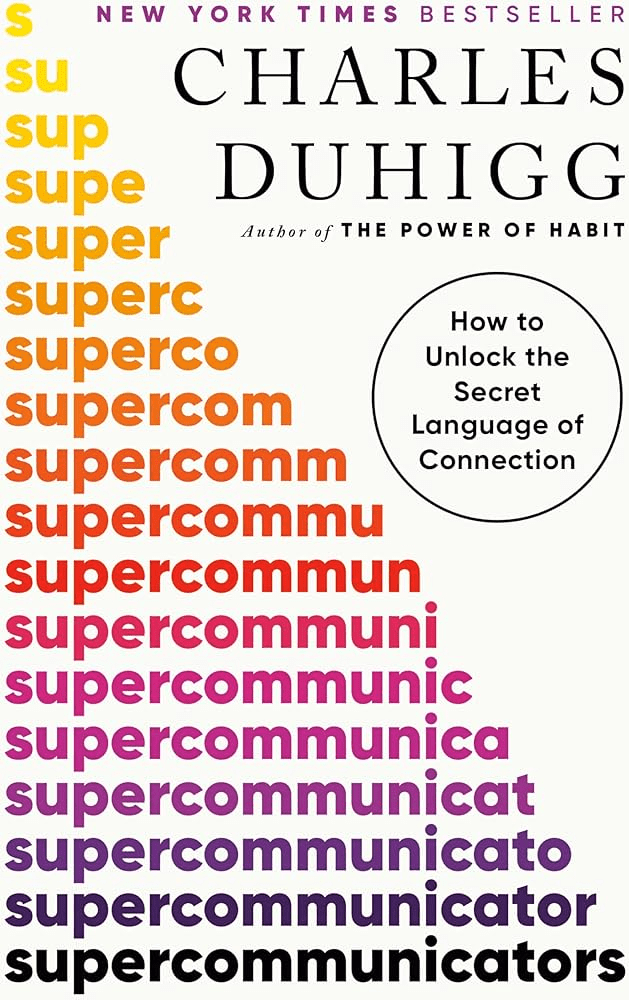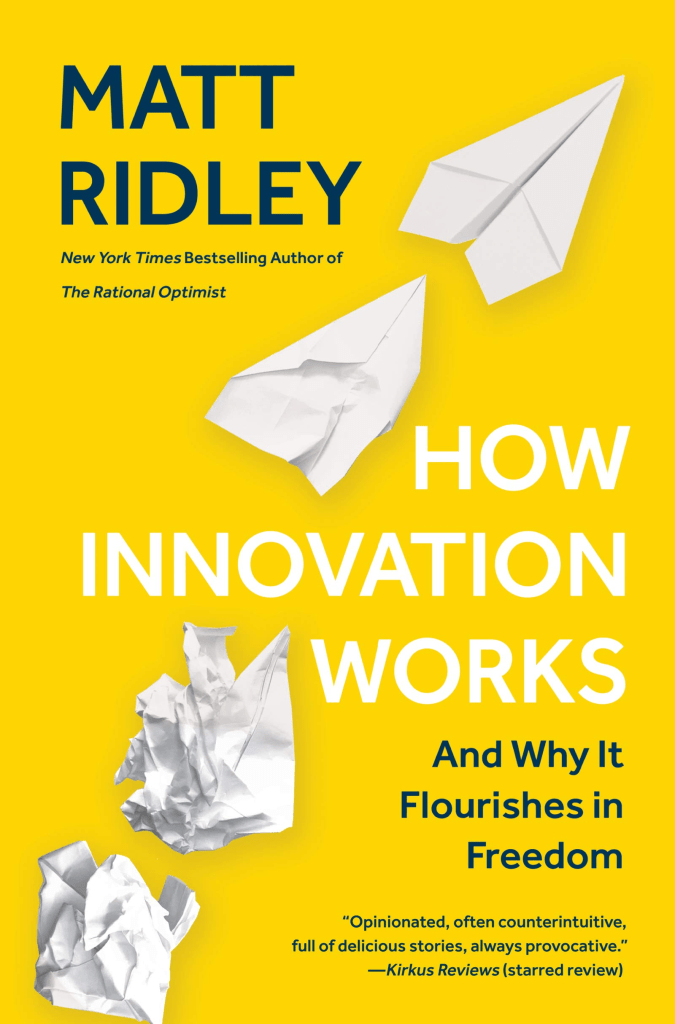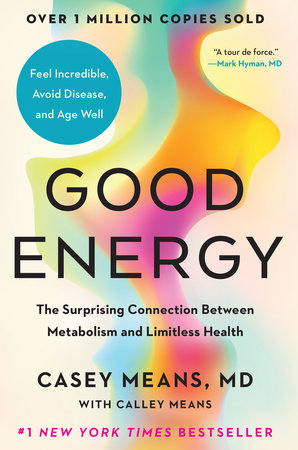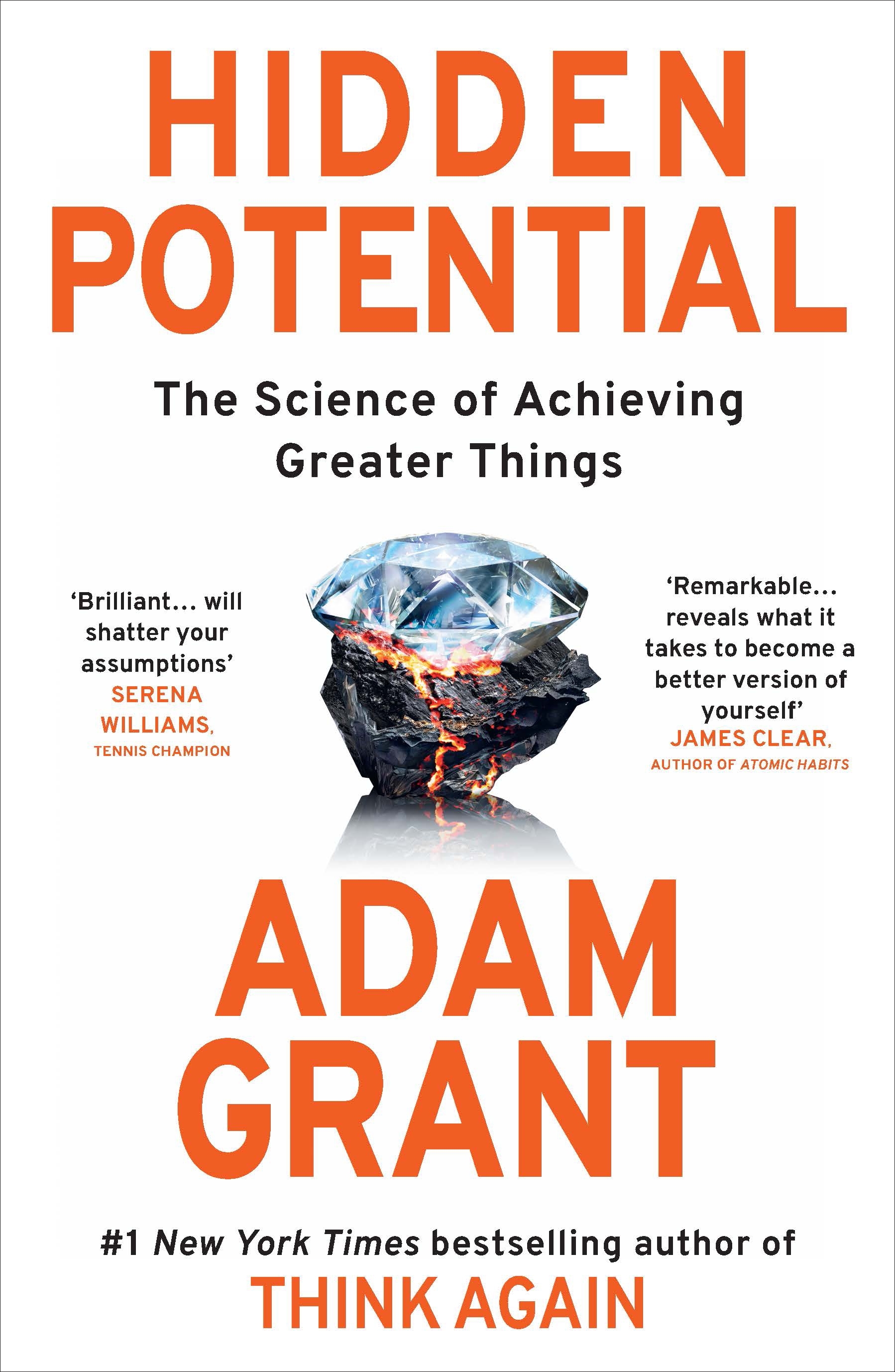Category: 1 – Read ASAP! (All Categories are 1 – Read ASAP!, 2 – BUY it!, 3 – SHELF it, 4 – SOMEDAY it)
Comments: When I reflect on books that have had the most profound impact on my life, this book is likely #2 on the list after Stephen Covey’s 7 Habits.
Insights that resonated:
(1) The conventional medical system is good at dealing with any acute issue that requires urgent attention. For anything chronic, it is useless.
(2) It is useless because it focuses on treating symptoms in silos rather than understanding the body as a whole. Dr Means makes the case that most chronic issues have the same underlying cause – metabolic dysfunction. When our metabolism works well, our cells are able to process all the energy we ingest and produce “Good Energy.” When it doesn’t, it leads to “Bad Energy” and this shows up with all sorts of chronic ailments and longer-term issues like diabetes.
(3) To clean up our act, we need to do 3 things.
First, we need to eat stuff that results in good energy. In simple terms, this means staying away from anything processed and eating a diverse collection of foods.
Second, it means respecting our biological clock. Sleeping well, respecting our circadian rhythms by getting enough sunlight and eating timely meals so our digestive system has time to do its work.
Third, it means doing things that modern lifestyles have taken away – movement, exposure to varying temperatures, and non-toxic living. Our bodies do better when they’re exposed to varying temperatures and, of course, the less toxins/more organic materials we use, the better.
While this is the high-level summary, I think Casey Means’ book excels in the detail. For all fellow fans of Peter Attia’s Outlive, I think this book is a great complement that outdoes Outlive in a few respects.
The single biggest takeaway from Outlive is the importance of exercise. Specifically, focusing on stability/mobility, then more time in Zone 2, then improving our grip strength, and growing our V02 Max by working out at high intensity. This takeaway alone has had a profound impact on my life.
Next, it emphasized the importance of protein and sleep. Those changed how I approached things too.
My only gripe with the book was that Peter Attia often recommended expensive scans and rushed to treatment (e.g., strong recommendations for statins) the moment he saw a symptom trending in the wrong direction.
Casey Means, on the other hand, takes an approach that feels closer to first principles. She focuses on lifestyle changes first. That resonated.
Since reading this book, I’ve been on a mission to “clean up my act.” Here are a few changes I’m working on:
(1) Sleep: I haven’t needed any convincing on the importance of sleep and generally sleep 7-8 hours daily, and longer on weekends. However, I still did a 6 hour day once every 2 weeks. I’ve been doing a better job at holding the line at 7 hours minimum.
(2) Movement: Casey Means did a good job explaining the importance of movement throughout the day. One small change has been targeting 7000 steps every day. I notice I don’t hit this when I’m working from home – so there’s more work to do here.
I’ve been more religious about the morning run once the sun rises to get light. And I’m working on adding 20 push ups every day.
(3) Nutrition: My morning protein shake used to have spinach and fruits. I incorporated seeds (Flax, hemp, chia) recently. I’ve added a scoop each of plant protein and whey as well.
I’ve become more disciplined about salad, nuts, and such during the day. And I’ve switched from white rice to (traditional) red rice and have reduced quantities over time. I’ve grown up as a rice eater – so this is a big change.
(4) Meal timing: The next big change is eating closer to 2 hours before bed. This is a no-brainer move – and way better than my previous average of 15 minutes. The other related change is going for a 15 minute walk after dinner most days to aid digestion.
(5) Next on the roadmap: I plan to go back to trying a CGM/continuous glucose monitor in the new year. I’d first tried one a few years ago and didn’t make the most of it. I know better now and I’m excited to try it and then follow it up with a few blood tests to see if these changes are taking effect.
(6) What I don’t intend to do: It is also worth calling out what I don’t intend to do. First on that list is cold water/ice baths. I’m all for naturally exposing my body to varying temperatures. But this feels like punishment I’d love to avoid unless absolutely necessary.
Second, Casey Means is a proponent of removing all grain/rice altogether from my diet. One idea I’ve applied as I’ve made changes is to ensure I’m ensuring there is a feeling of joy vs. punishment. I love rice. I’ve come to realize I can eat a lot less of it and I can also switch to low glycemic index/more nutritious varieties easily. I plan to do that.
One of the central tenets of this blog is “to learn and not to do is not to learn.” Outside of shaping my synthesis on diet and metabolism, the number of changes I’m working on is testament to how it has inspired a profound learning experience. It is among the most impactful I’ve ever read.
And for that, I’m grateful.








